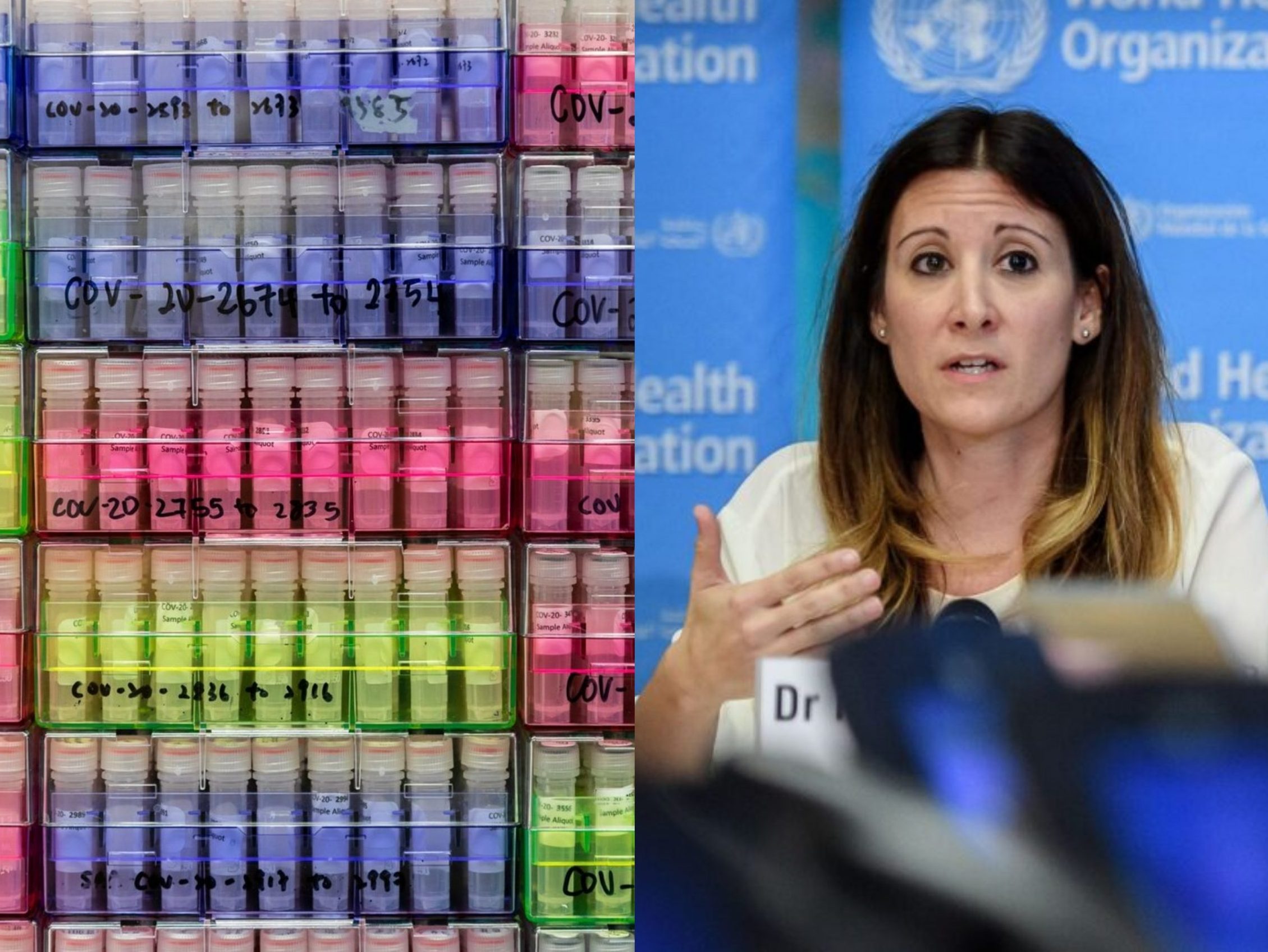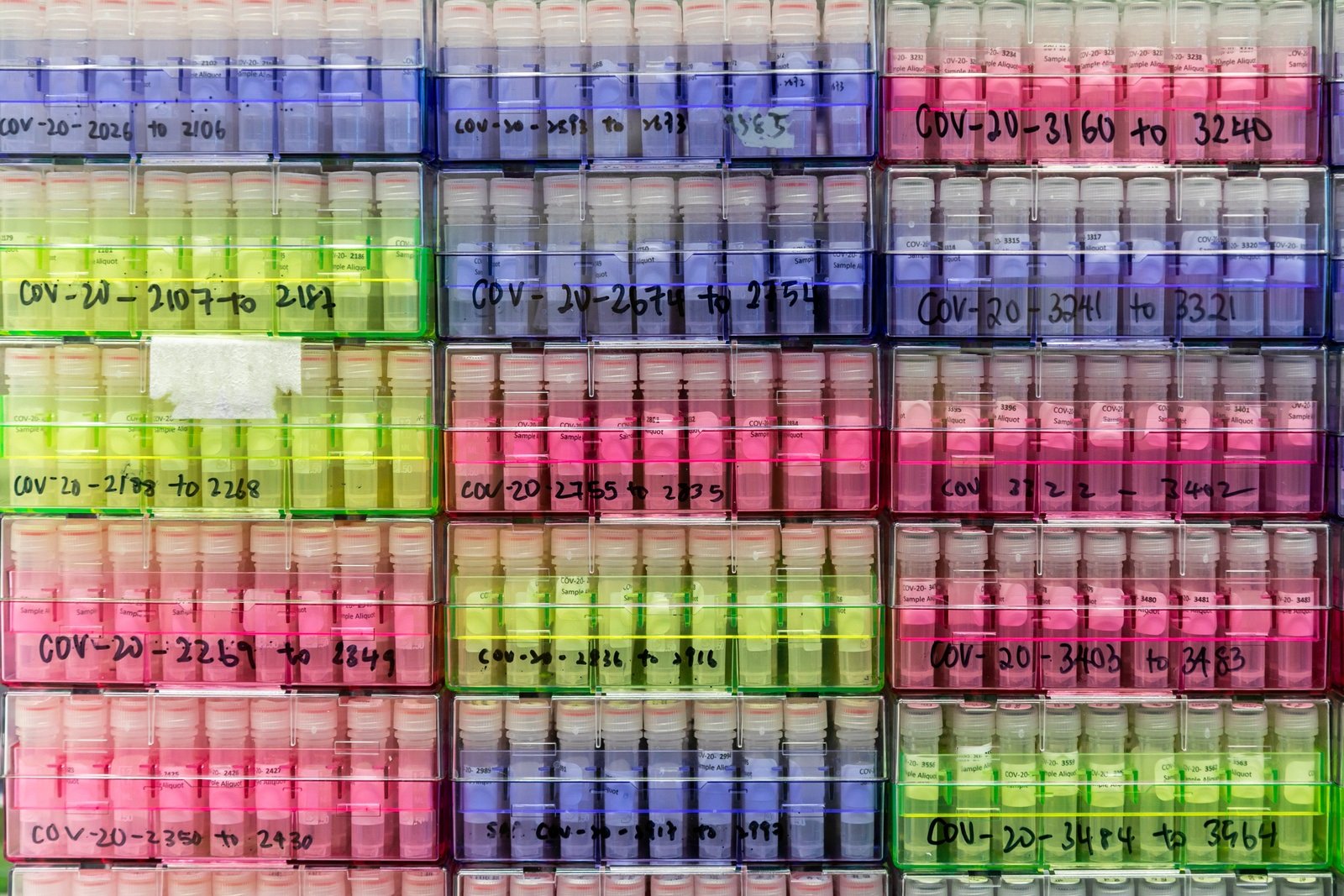WHO Renames Covid Variants With Greek Letters Instead of Countries to Avoid Stigma
 Thirsty for JUICE content? Quench your cravings on our Instagram, TikTok and WhatsApp
Thirsty for JUICE content? Quench your cravings on our Instagram, TikTok and WhatsApp

The World Health Organization (WHO) announced yesterday (1 June) that it had created a new naming system for Covid-19 variants.
The new naming system is devised for so-called variants of interest and variants of concern, the forms of the SARS-CoV-2 virus with important mutations. Each variant will be given a name from the Greek alphabet, in a bid to both simplify the public discussion and to strip some of the stigmas from the emergence of new variants.
A country may be more willing to report it has found a new variant if it knows the new version of the virus will be identified as Rho or Sigma rather than with the country’s name, Maria Van Kerkhove, the WHO’s coronavirus lead stated.

The B.1.1.7 variant (first found in the United Kingdom) will be named Alpha, for example, and the P.1 variant (first found in Brazil) will now be known as Gamma.
“Today WHO has announced a new naming system for key #COVID19 variants. The labels are based on the Greek alphabet (i.e. Alpha, Beta, Gamma, etc), making them simple, easy to say and remember… The labels do not replace existing scientific names, which convey important scientific information & will continue to be used in research.
“The naming system aims to prevent calling #COVID19 variants by the places where they are detected, which is stigmatising & discriminatory,” WHO stated on their official Twitter.
Today WHO has announced a new naming system for key #COVID19 variants. The labels are based on the Greek alphabet (i.e. Alpha, Beta, Gamma, etc), making them simple, easy to say and remember.
👉 https://t.co/aYCZfspZyb pic.twitter.com/Gxt14fwVqF
— World Health Organization (WHO) (@WHO) May 31, 2021
According to VICE, the move comes after researchers in countries like South Africa pleaded with the international community to avoid naming variants after the places in which they were initially discovered. Back in May, the Indian Government ordered social media platforms to take down any content that referred to the B.1.617.1 variant as the “Indian variant”.
Besides that, epidemiologists have also pointed out that variants may not have actually originated in the countries in which they were first sequenced.
The WHO will maintain a list of variants with their new names on its website.

 Get Audio+
Get Audio+ Hot FM
Hot FM Kool 101
Kool 101 Eight FM
Eight FM Fly FM
Fly FM Molek FM
Molek FM